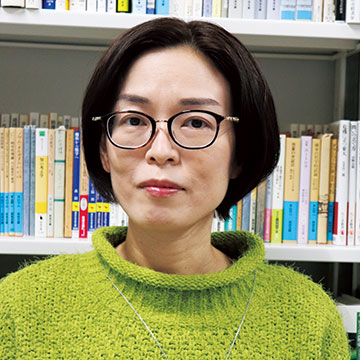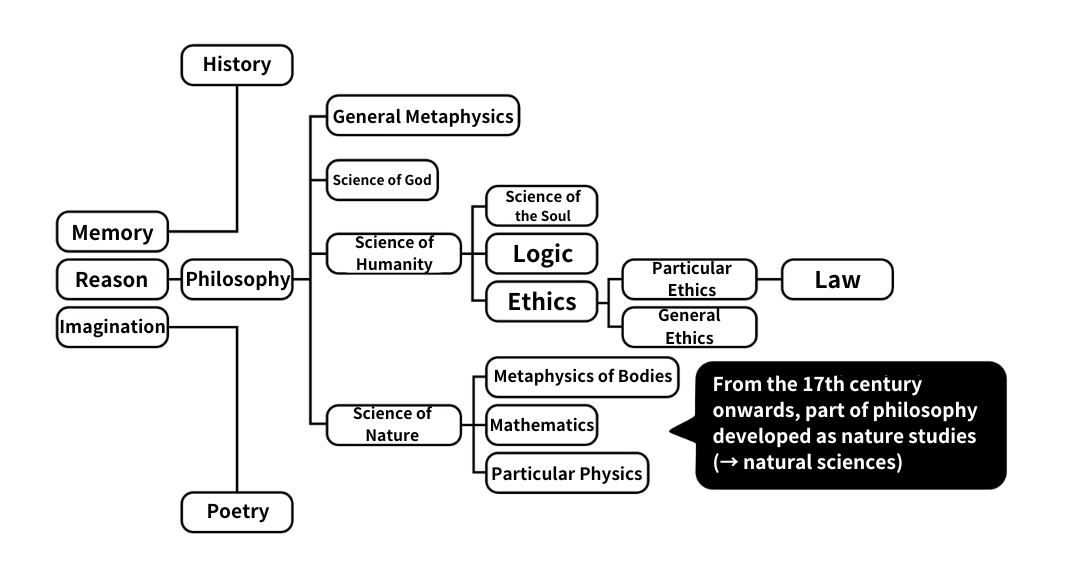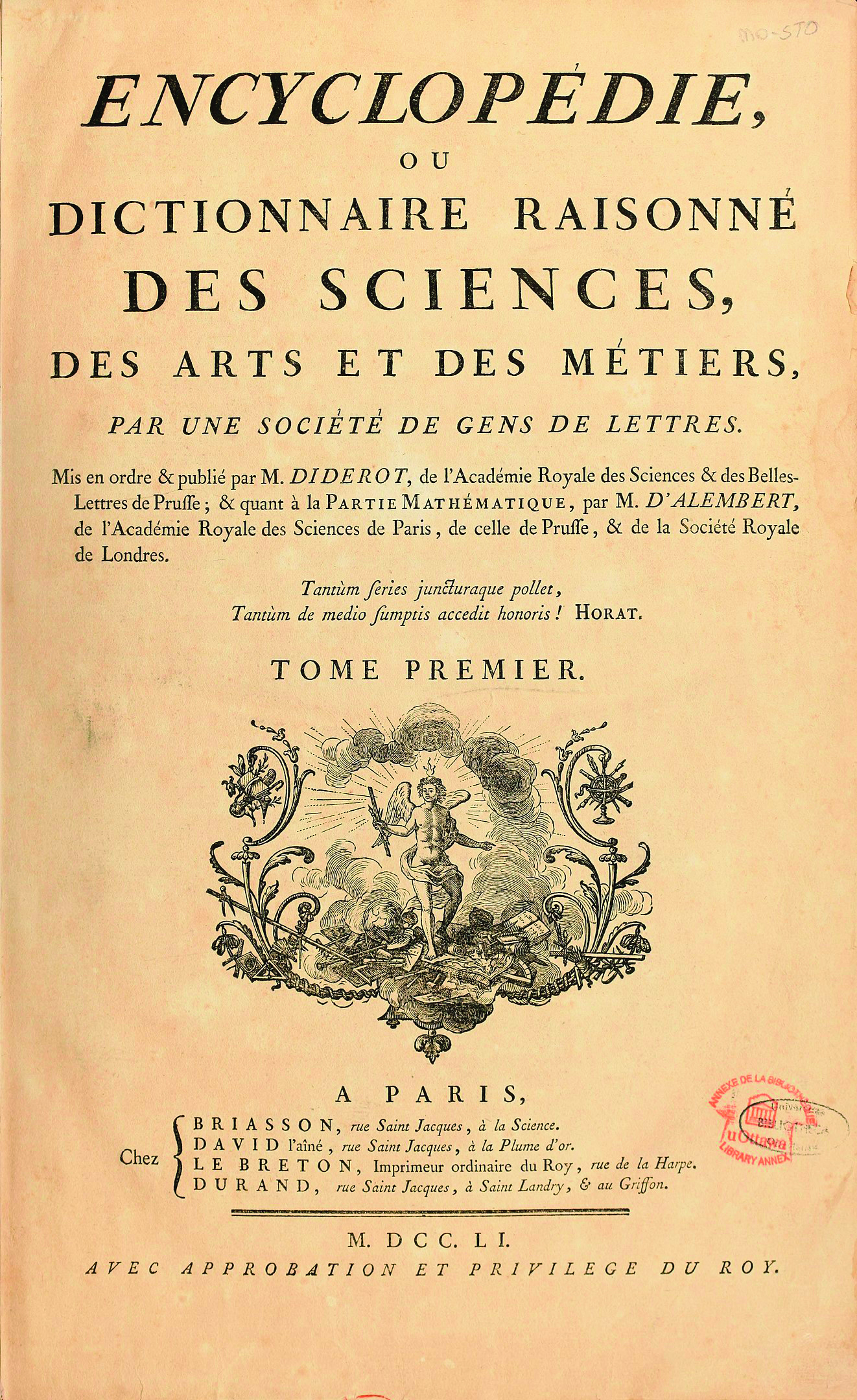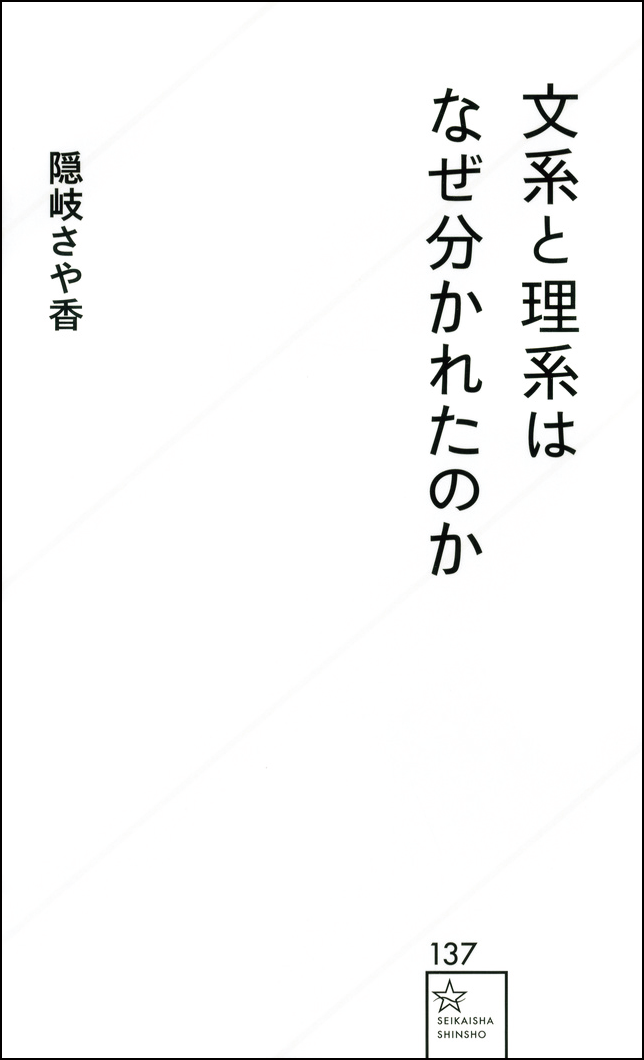UTokyo researchers answer questions on 21 GX (Green Transformation) topics from their specialist viewpoints. Through questions that cannot simply be brushed off as someone else’s concerns, take a peek into GX and our world of research.
Q13. How are the humanities tackling global warming?
It’s said that complex problems like climate change cannot be solved by scientific approaches alone, but how are the humanities contributing?Answered by Sayaka Oki
Professor, Graduate School of Education
History of Science in France

Converting unquantified value into words and letting it be known
Let’s look at the features of the humanities by taking philosophy, sociology, history and feminism as examples.
One aspect of philosophy involves bringing up important questions about which others are not yet aware. German philosopher Hans Jonas argued from the 1970s that science has an ethical responsibility towards future generations, and these ideas subsequently influenced the policies of the Green Party. After individual pollution-related issues occurred, philosophers consolidated and put them into words so that many people would know about them before they became more substantial.
Sociology sometimes provides knowledge that becomes the basis of political policy. For example, in her book Futuring Salmon (University of Tokyo Press, 2019), Mayumi Fukunaga (Associate Professor, Graduate School of Frontier Sciences) links together multiple topics related to salmon, including its use as a food, cultural factors, industrial aspects, and its relationship with the Ainu people. This provides the reader with a wide perspective when considering how environmental policy should ideally be. If this kind of knowledge can help bridge the gap in thinking between governments and citizens, it may lead to environmentally conscious development that is agreeable to all.
The creation of new branches of history can also change people’s sense of values. One such new branch is the part played by the environment in the history of science. People’s viewpoints might change when they see something they had not been able to see before when looking from a conventional perspective.
Encyclopédie Volume 1, Detailed System of Human Knowledge (partial)


In Diderot and d’Alembert’s Encyclopédie (1751), academic disciplines were separated into three branches: Philosophy (= Reason), History (= Memory) and Poetry (= Imagination).

Feminism holds the view that science is dictated by a masculine approach, and pushes to change this. From early on, feminism took an interest in environmental questions, pointing out the impact on ecosystems and women’s employment when industries in advanced countries try to move into developing nations. Highlighting the lack of representation of minorities was another result of this approach.
I have previously studied the burning of seaweed in the Normandy region of France in the 18th century. The ashes were used in the manufacture of glass, but local fishermen were concerned about the smoke produced and over-harvesting, putting them and the glass manufacturers at odds. The scientists who were called in to provide arbitration backed the glass manufacturers. The fishermen complained that over-harvesting the seaweed in which the fish laid their eggs was disturbing the ecosystem. However, they could not provide any quantitative evidence, so the scientists rejected their argument. There are academic disciplines that can effectively pick up small-scale issues, put them into words and explain their value. I believe the humanities are these disciplines, able to capture and make heard the small, unquantified voices which may be difficult for science to hear.

Bunkei to Rikei wa Naze Wakereta no ka (“Why were the Humanities Separated from the Sciences?”)
(Seikaisha Shinsho, 2018)
Through the lens of Western European and Japanese history, this book explains when and how the humanities were differentiated from the sciences.







